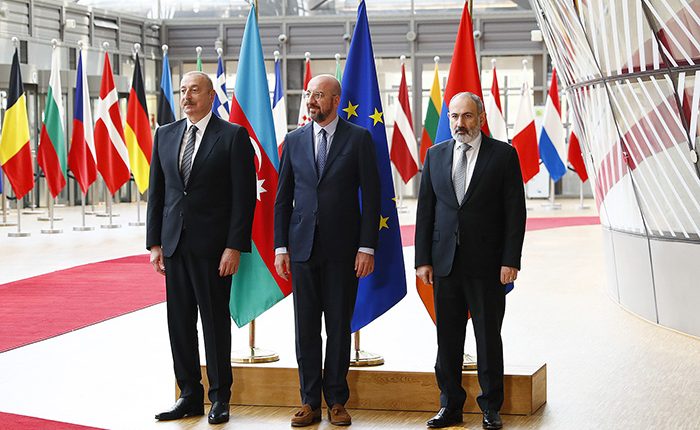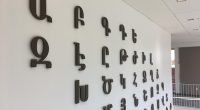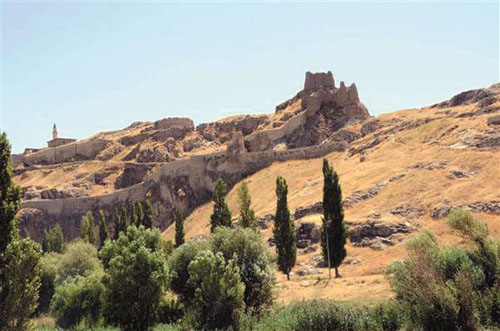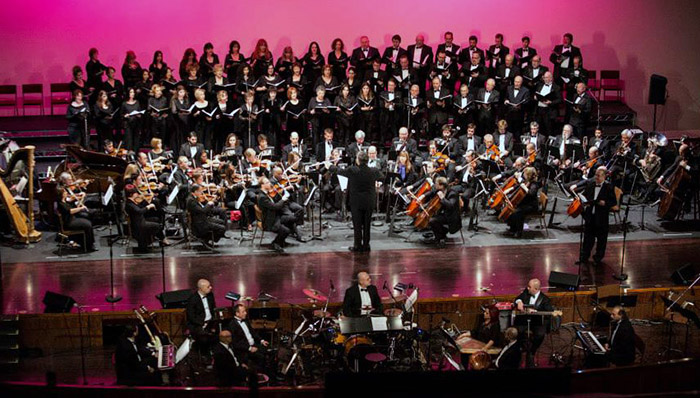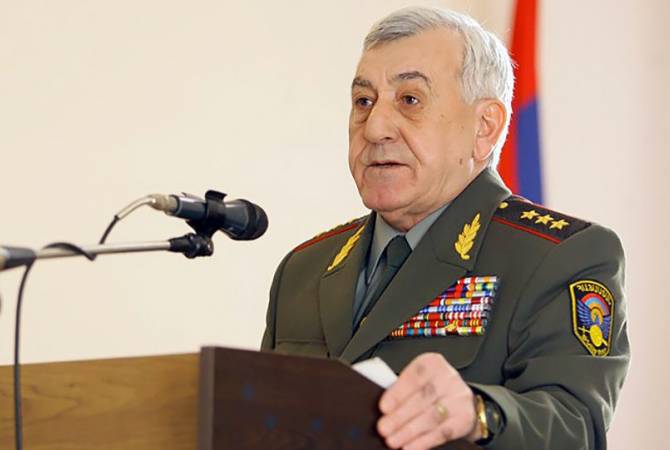K. Khodanian
Another round of meetings, called by the President of the European Council, Charles Michel, took place in Brussels with the participation of the Prime Minister of Armenia, Nikol Pashinyan, and the President of Azerbaijan, Ilham Aliyev. French President Emmanuel Macron had participated in the previous meeting held in November. It was during that meeting, that for the first time, the idea of sending European observers to the Armenian border was suggested. Aliyev did not oppose the idea, provided that the mission was short-term. The European observers left Armenia after a two-month stay, but they returned in larger numbers and for a longer period, without considering Azerbaijan’s complaints.
Charles Michel attempted to organize another quadrilateral meeting, but Baku rejected the idea, accusing France of bias in favor of Armenia. Armenia insisted on France’s presence, leading to the suspension of the Brussels meetings for a while.
The most recent meeting on May 14 returned to the tripartite format. Armenia conceded, receiving assurance that the next meeting would occur on June 1 with the participation of the leaders of France and Germany. This meeting would take place on the sidelines of the summit meeting of the European Political Community in Chisinau, the capital of Moldova. Armenia considers the participation of other European countries crucial to prevent Azerbaijan from distorting the negotiations and refusing to implement the agreements reached under various pretexts.
A few days before the Brussels meeting, the armed forces of Azerbaijan initiated military operations in the border region of Sotk, in an attempt to gain an advantage on the ground and at the negotiating table. However, faced with strong resistance from the Armenian army, Baku’s plans were thwarted.
Regarding the Brussels meeting, it is premature to talk about progress since no document has been signed. Michel shared information about the meeting’s outcomes, stating that the leaders of Armenia and Azerbaijan expressed their commitment to the Alma-Ata Declaration of 1991 and the territorial integrity of both countries. This time, Charles Michel mentioned the territories of the two countries: Armenia’s 29,800 square kilometers and Azerbaijan’s 86,600 square kilometers. Michel also mentioned the need to ensure the rights of the Armenians of Nagorno-Karabakh and stressed the necessity of transparent dialogue between Azerbaijan and the population of Nagorno-Karabakh. The President of the Council of Europe added that all prisoners of war should be released within weeks.
Thus, the release of prisoners of war will serve as the first test of this latest Brussels meeting. It is highly probable that Azerbaijan will not fully comply with this condition, perhaps only releasing a small number of Armenian POWs. Consequently, these negotiations will be considered a failure, and it would signify a return to the starting point. Meanwhile, few people believe that Azerbaijan will relinquish Armenia’s 29,800-square-kilometer territory without military pressure, which initial indications suggest will be the case.
“MASSIS”

